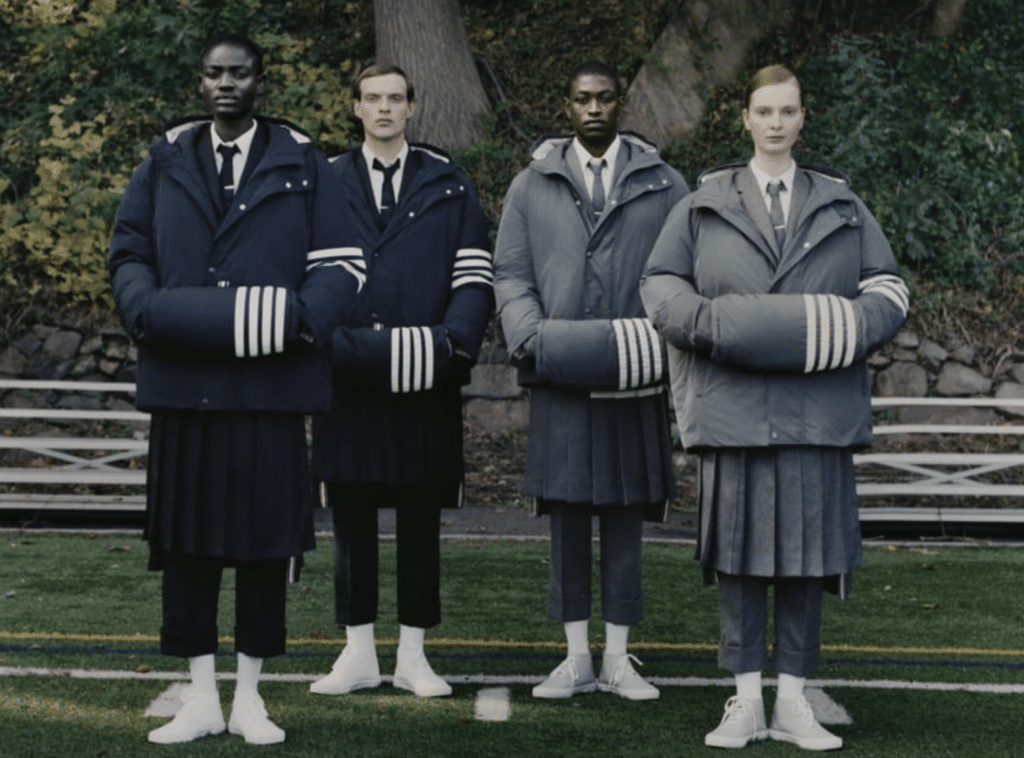Coty and a handful of its highly-ranking officers and directors have managed to escape the proposed class action lawsuit that was waged against it last year for allegedly running afoul of U.S. federal securities laws in connection with its P&G Specialty Beauty Business and Kylie Cosmetics acquisitions. In the complaint that she filed against the NYSE-traded beauty giant in a New York federal court in September 2020, Coty shareholder Crystal Garrett-Evans argued that the defendants engaged in “a fraudulent scheme and course of business that operated [to deceive] purchasers of Coty shares by disseminating materially false and/or misleading statements and/or concealing material adverse facts … about Coty’s business, operations, and prospects.”
Among the things that Coty allegedly misrepresented and/or failed to disclose? “Despite being no stranger to beauty brand acquisitions,” Garrett-Evans asserted that “Coty did not have adequate processes and procedures in place to assess and properly value” its 2016 and 2019 acquisitions of P&G Specialty Beauty Business and Kylie Cosmetics.” As a result, “Coty overpaid for [them].” More than that, Garrett-Evans claimed in the suit – which was filed a several months after Forbes reported that Jenner and her team had been “inflating the size and success of her [Kylie Cosmetics] business for years” – that the defendants were either “aware or severely reckless in not knowing that Coty did not have adequate processes and procedures in place to assess and properly value acquisitions.”
In January 2021, after being appointed lead plaintiff (because she had the largest damages claim), Coty shareholder Susan Nock filed an amended complaint, shifting the focus away from Coty’s acquisition of Kylie Cosmetics entirely (the amended complaint was devoid of any mention of Jenner’s brand), and centering her claims exclusively on its October 2016 purchase of the P&G Specialty Beauty Business for $12.5 billion, or what Reuters characterized at the time as “the biggest cosmetics merger in recent history.”
(Counsel for Ms. Nock at Rosen Law told TFL early this year that in opting to focus exclusively on the P&G Specialty Beauty Business deal, they were “not taking the position that the allegations over Kylie Jenner’s [brand] are not true,” but simply that the causes of action related to the P&G Beauty deal were the best for their client “at this time.”)
After the Coty/P&G deal closed, Nock argued that “Coty struggled to integrate P&G’s consumer beauty brands, and its business suffered over the next three years,” thereby, leading to a $4 billion “impairment of the value of [Coty’s] goodwill and intangible assets.” All the while, Nock asserted that Coty and the other defendants “made statements about the acquisition and integration of the P&G businesses in Coty’ s earnings calls and SEC filings that omitted material facts necessary to make those statements not misleading.”
This spring, the defendants sought to get the amended complaint tossed out in its entirety, arguing in a March 2021 motion to dismiss that plaintiffs failed to allege actionable omissions and scienter (i.e., intent or knowledge of wrongdoing), and in an opinion and order dated August 3, Judge Louis Stanton of the U.S. District Court for the Southern District of New York agreed.
Primarily, the court sided with Coty and co. in connection with their alleged failed to disclose that the company “did not have adequate infrastructure to smoothly integrate and support the beauty business that it acquired from P&G.” Beyond that, the plaintiffs argued that Coty failed to alert shareholders that “integration issues existed, including supply chain issues, [and] that they were pervasive and continuing, and not ‘short-term,’” and that they failed to make such disclosures in a timely manner, as they “were duty bound to disclose that integration issues had already arisen before [it began discussing such issues in] November 9, 2016.”
In terms of these disclosures, the court held that Nock failed to make her case, as she did not allege a “specific omission that makes defendants ‘ statements about Coty’ s integration of the P&G businesses false or misleading.” In fact, Judge Stanton stated in his decision earlier this month that Coty “consistently updated investors with integration-related problems and the negative financial effects those problems were having on the overall business,” and as a result, Nock failed to plausibly allege any integration omissions on the part of the cosmetics giant and its management.
Nock similarly failed to show that the defendants misled shareholders by way of its statements about improving its digital and e-commerce marketing and sales capabilities. The plaintiffs asserted that Coty “failed to disclose that [it] was not in a position to capitalize on the new brands it acquired in the P&G acquisition because … its marketing strategy was outdated and underfunded.” The problem with the plaintiffs’ claims, according to the court, is that Coty “repeatedly disclosed how much [it] spent on marketing and that [its management] thought it was adequate because digital marketing had a greater return on investment.”
In light of such consistent disclosures by Coty, including in various earnings calls in 2017 and 2018, the court determined that “Nock does not plausibly allege that defendants withheld from investors information about Coty’ s marketing program.”
Finally, the court sided with Coty with regards to the plaintiffs’ claim that the company’s financial statements for the second and third quarter of fiscal year 2019 “were materially false because in each quarter Coty failed to take the $3 billion impairment it would eventually announce on July 1, 2019.” In addition to noting that “an allegation that defendants delayed a goodwill impairment does not, on its own, rise to the level of securities fraud,” Judge Stanton found that Nock failed to allege facts that “justify the inference that defendants delayed the second impairment with conscious recklessness or fraudulent intent.”
Given that the plaintiffs “failure to allege plausibly any actionable omissions” on behalf of Coty and the other defendants, the court granted the company’s motion to dismiss, thereby, doing away with the amended class action complaint – and the case – in its entirety.
The case is Crystal Garrett-Evans v. Coty, Inc., et al, 1:20-cv-07277 (SDNY).













